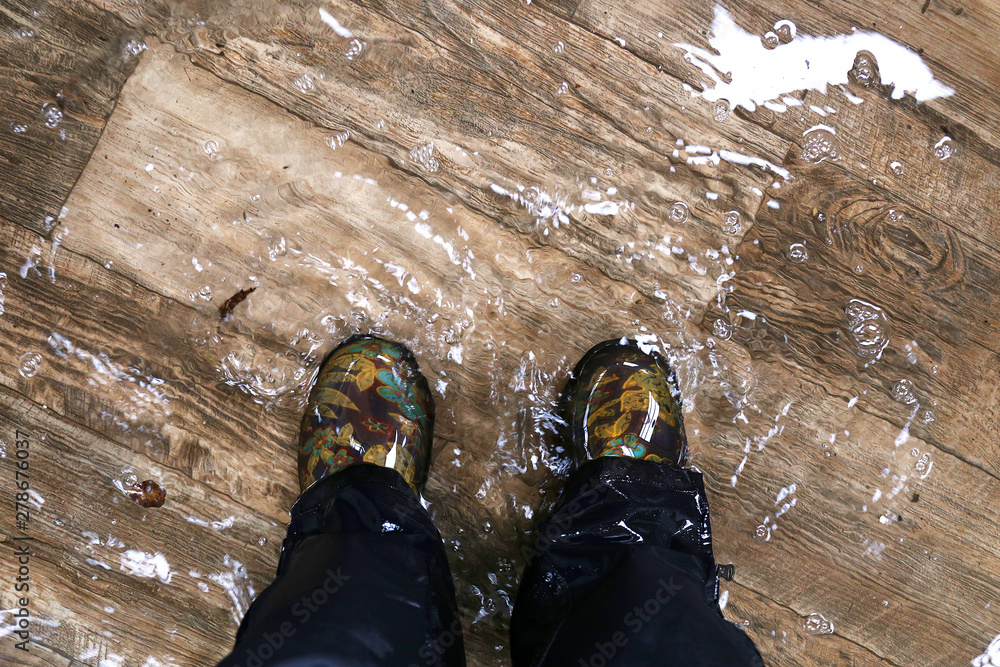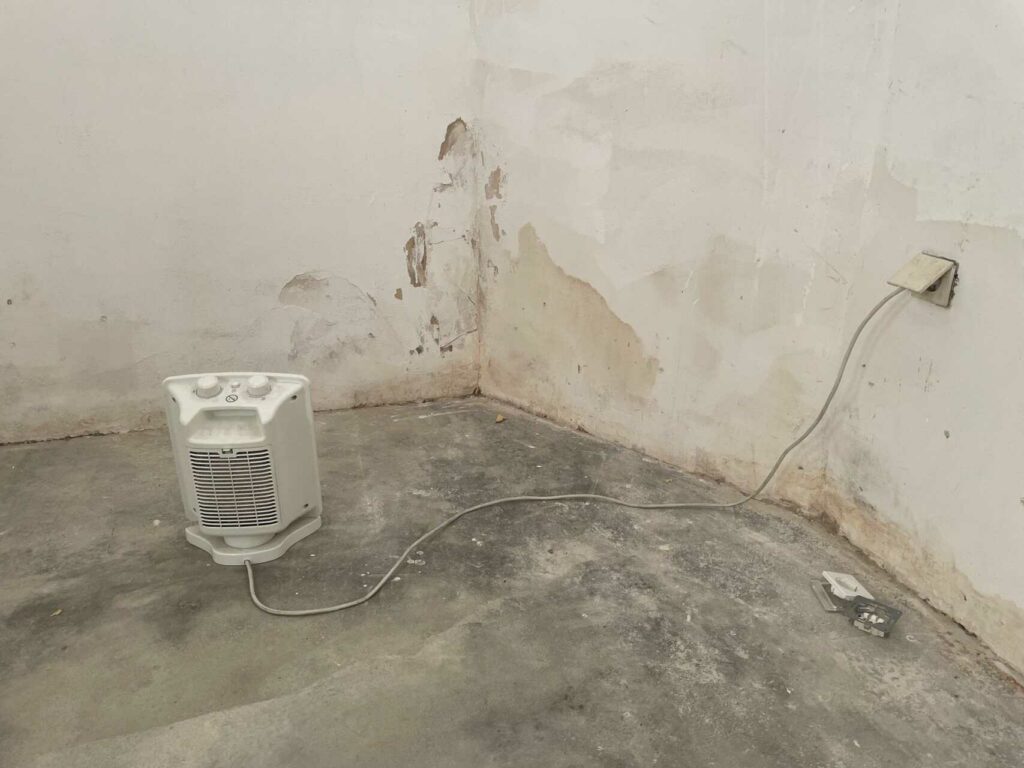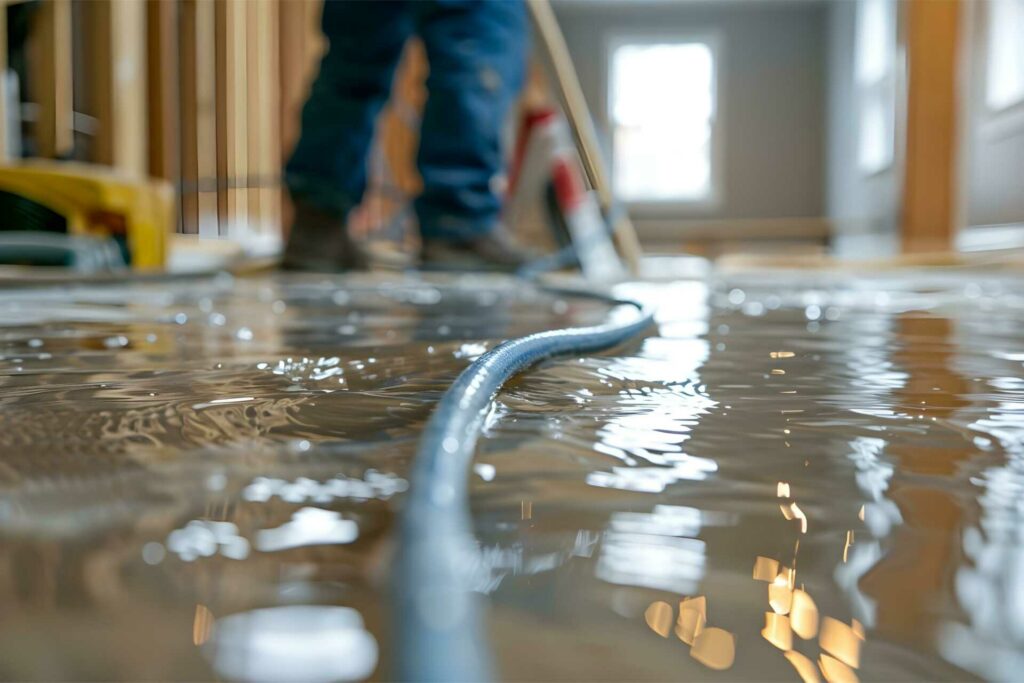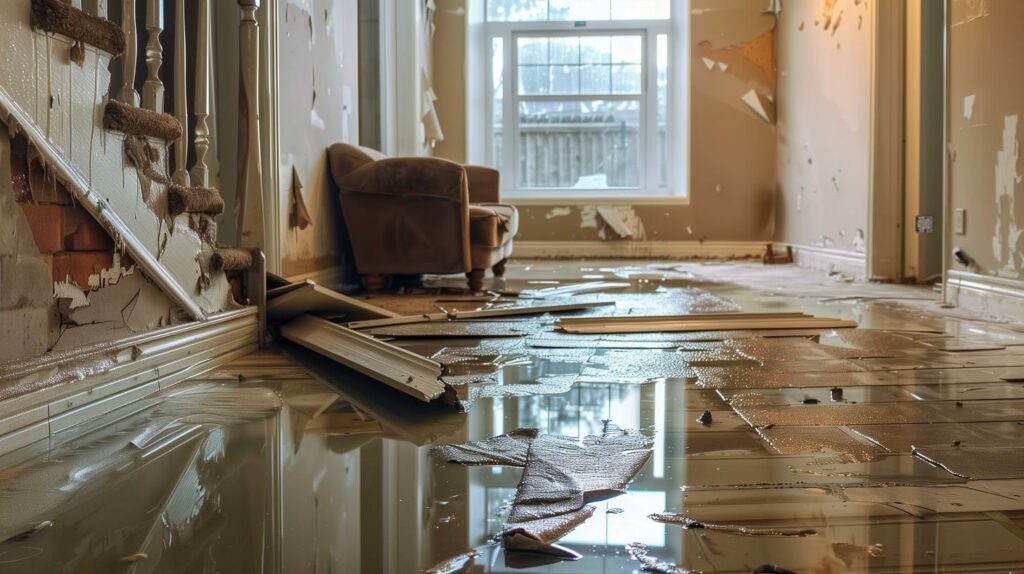Contents
Storms can wreak havoc on houses, especially in the basement after a Storm. If you find yourself in a flooded basement, you must take immediate action to deal with the situation. Thoroughly drying the basement should take priority to prevent further damage. However, drying a basement is not as simple as going in with a mop and a bucket and getting rid of the water.
You can dry a flooded basement while maintaining your and your house’s safety.
Call a Professional
Dealing with the implications of a flooded basement can be overwhelming and dangerous. A flooded basement can cause a wide range of problems: mold, furniture damage, plumbing damage, electrical problems, mold, and bacterial infection are but a few examples. The first thing to consider is calling a professional cleanup service trained for these situations.
Professional technicians will thoroughly inspect your house, assess the damage, establish a plan of action, and resolve your basement and house issues to the fullest extent.
Getting the right people to handle such a delicate matter cannot be overstated. In a basement flood, all the water must be extracted and the area completely dried and humidified. Only then can the necessary repairs be performed, and foul odor and mold will be remediated.
Remove Wet Items
When your basement gets flooded, wet furniture and possessions will likely be your main concern. The first thing to do is to take out all wet items and place them somewhere safe to dry. These items can be electrical devices, books, couches, carpets, discs, and anything of value. While some items may sadly be gone for good, salvage as many possessions as possible, starting with the most valuable. If some of your items are insured, file for compensation.
Dry the Basement
As mentioned, one of the best ways to dry your flooded basement is by calling professional services like a professional. This way, you ensure everything is done correctly, and the damage is reduced to a minimum.
However, what you can do immediately is to help dry the basement faster. For instance, turn on all your ventilation systems at a fairly warm temperature, gather all the fans, and place them around the wet area. While at it, open all the windows and doors to allow air circulation, assuming the storm is over. If you have a dehumidifier, it will also help tremendously. These are important measures to prevent moisture and mold from affecting your walls, floors, and possessions.
Kill Mold Before It Grows
Mold is a real health hazard. It destroys furniture and fixtures in the house and can cause serious health issues. Mold can grow after a storm has flooded your basement. For this purpose, you should frequently inspect your basement and house after a storm to determine moisture and mold development. Thoroughly clean your floor, walls, surfaces, and anything that could be affected by mold to prevent mold from developing or dispose of any mold spores you notice. Adequate cleaning products, dehumidifiers, and wet-dry vacuums will help keep your basement and house clean and mold-free.
Stormwater damage to your basement must be dealt with immediately. By calling A professional, you can ensure the job will be done professionally and efficiently. However, you can take many steps to dry the basement and deal with the incident’s aftermath. Of course, knowing what could cause a basement flood will help you take the necessary precautions to prevent future occurrences.
Look at our directory of amazing home service professionals and start calling them to find out if they are the right fit for you!




